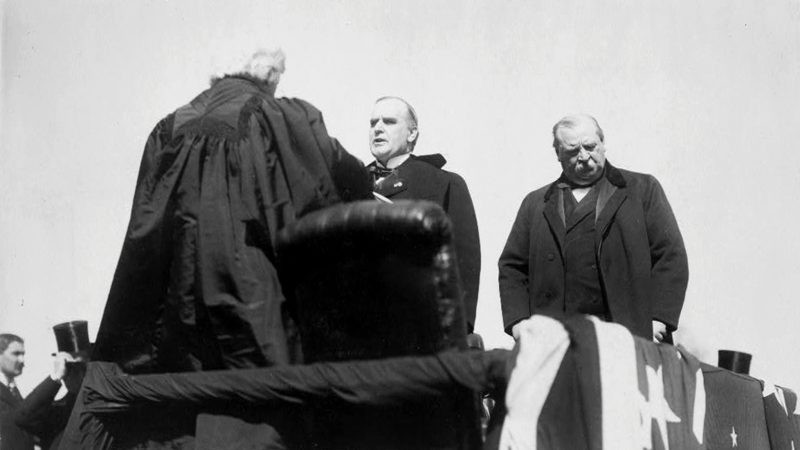President Donald Trump’s decision to rename Denali, North America’s highest peak, back to Mount McKinley shortly after his inauguration in 2017 sparked considerable controversy. This article delves into the historical context, political motivations, and the significance of this symbolic gesture.
A Name Change Rooted in History and Politics
Denali, meaning “The High One” in the native Athabascan language, held immense cultural significance for Alaska Natives for centuries. However, in 1896, a gold prospector named William Dickey, upon hearing of William McKinley’s Republican presidential nomination, christened the mountain Mount McKinley. This name stuck, becoming the official designation in 1917.
The movement to restore the traditional name, Denali, gained momentum over decades. In 2015, President Barack Obama officially changed the name back to Denali, recognizing its cultural importance to Alaska Natives and reflecting a broader shift towards acknowledging indigenous heritage.
Trump’s Reversal: A Nod to McKinley and a Political Statement
Trump’s decision to revert the name to Mount McKinley was seen by many as a direct rebuke of Obama’s policy and a symbolic gesture towards his own political base. Trump cited an admiration for President McKinley, highlighting his economic policies, particularly tariffs, which resonated with his own protectionist stance.
During his campaign and inauguration, Trump repeatedly vowed to restore the McKinley name, framing it as a matter of national pride and a tribute to a “great president.” He lauded McKinley’s business acumen and credited him with laying the groundwork for economic prosperity. This narrative aligned with Trump’s populist message and his emphasis on American exceptionalism.
William McKinley’s inauguration in 1897.
More Than Just a Mountain: Symbolism and Controversy
The renaming of Denali reignited a long-standing debate that transcended geographical nomenclature. It touched upon issues of cultural sensitivity, historical revisionism, and the power of symbolic gestures in the political arena.
For Alaska Natives, Denali represented more than just a mountain; it was a deeply ingrained part of their cultural identity. The name change back to Mount McKinley was perceived by many as a disregard for their heritage and a continuation of historical injustices.
Conversely, supporters of the McKinley name viewed it as a tribute to a significant historical figure and a symbol of American history. They argued that changing a long-established name undermined tradition and erased a part of the nation’s past.
Denali National Park with Mount Denali in the background.
A Legacy of Debate
Trump’s decision ultimately reflected a broader trend of utilizing symbolic gestures to appeal to specific constituencies and reinforce political narratives. While the mountain officially remains Denali, the controversy surrounding its name serves as a reminder of the complex interplay between history, culture, and politics in shaping national identity. The debate continues to highlight the importance of recognizing and respecting diverse perspectives in a nation grappling with its past and striving towards a more inclusive future.

